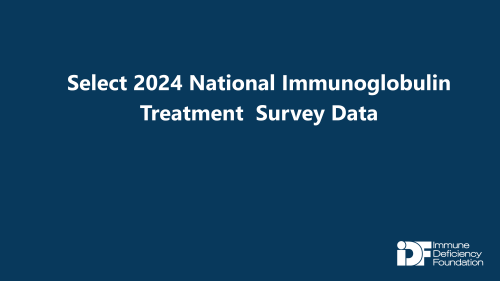Before you decide to participate, the investigator will explain what the expectations are for you as a participant and fully explain the risks and benefits. You will have a chance to ask questions. Once you are satisfied with the information and decide you want to participate, you will be asked to sign an informed consent form. This is a legal document that says you give your permission to be involved in the research and understand the risk and benefits.
Children age 7 and older are often asked to sign an assent form, which is similar to informed consent, but written in age-appropriate language. Your child will not be forced to participate.
You may ask for the consent form to be translated into your language or ask for an interpreter to help with understanding the consent.
You will be given a copy of the signed consent form. If you have any further questions, you have options to contact your physician or nurse, the patient advocate of your institution, and the IRB for answers.















